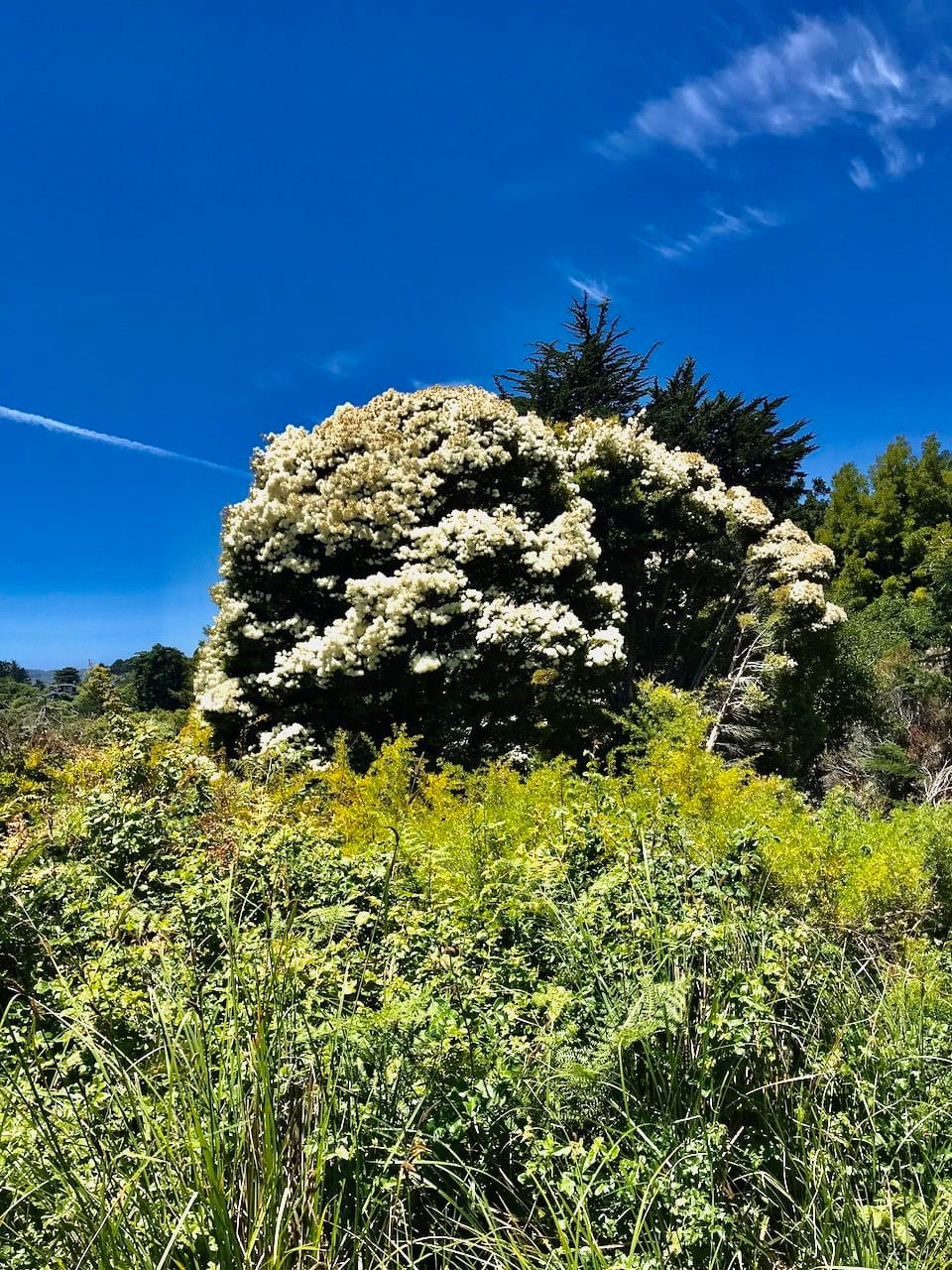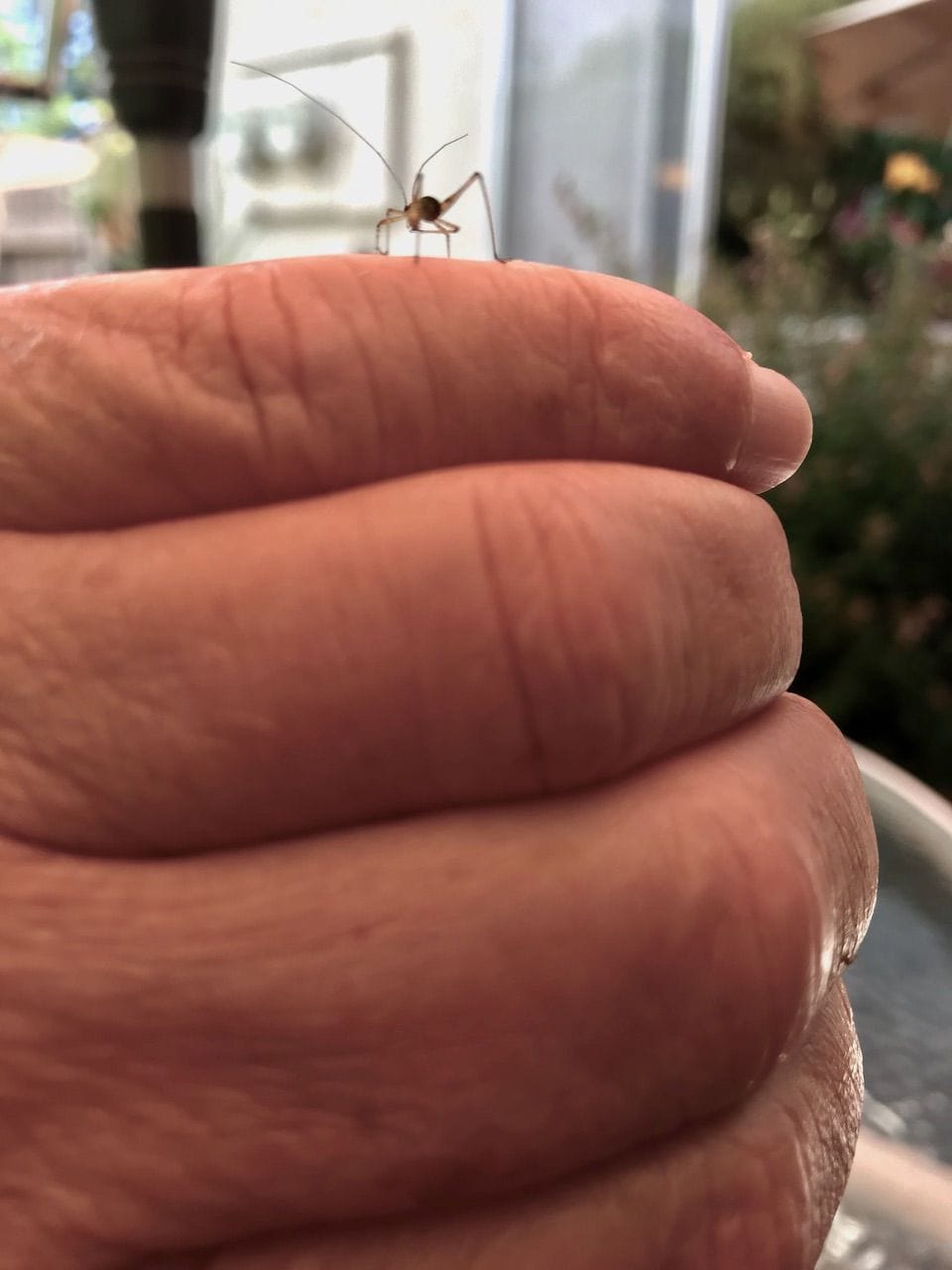Plex: 15 January 2025
Pixelthesia; 2025 Is the Year of the Coherence Game; Serving Life; Economics and Politics; Some Days...

The Biweekly Plex Dispatch is an inter-community newspaper published by Collective Sense Commons on first and third Wednesdays of each month. Price per issue: 1 USD, or your choice of amount (even zero).
In This Issue
- Pixelthesia (Peter Kaminski)
- Why 2025 Is the Year of the Coherence Game (George Pór)
- Serving Life (Gil Friend)
- Economics and Politics (Douglass Carmichael)
- Some Days... (Ken Homer)
charles blass
Pixelthesia
by Peter Kaminski
Last year, some of you subscribed to my paid newsletter of generative AI images that I prompted and curated. (Prompting is easy, curation is hard.) 100 issues, each with nine beautiful images for aesthetic contemplation.
I have a new name and a renewed focus for this year's images. Pixelthesia is where I curate and share generative AI images. I aim to share beautiful and unique pieces that spark joy.
Growing up in the 60s / 70s, one of my favorite things was looking through the glossy photos in Life / Look / National Geographic magazines, vicariously exploring worlds I might never visit myself, through the eyes of expert photographers. That's always the feeling I'm trying to rekindle with my best Pixelthesia images.
Do me a favor? Explore my Pixelthesia Bluesky feed (you don't need a Bluesky account), and if your interest is piqued, follow me there or subscribe to my free newsletter at pixelthesia.ai.
Thanks for your consideration, even if you don't end up following. 😊
charles blass
Why 2025 Is the Year of the Coherence Game
by George Pór
Continuing the tradition of a personal ceremony and contemplating where I am on this Earthwalk, what emerged from my retreat in December 2024 follows.
A birthday party
This was an unusual birthday party. I was not really in the mood to celebrate my b.day. My loving friends and family came together on two occasions to celebrate my 80th, but I desired to celebrate something else. That was not because getting older is not necessarily fun. I thoroughly enjoy this stage of my life and the creativity of a polymath, which manifests in many ways, bringing ever-new challenges and satisfactions. But this stage also gives me a perspective on what’s more worthy of celebration.
If you would like to read the rest of the story, you can visit George’s AI Shamans Substack. If you like what you see there, you can subscribe for free to receive new posts. You can also comment there and ask questions.
charles blass
Serving Life
by Gil Friend
There’s been a debate going on over at LinkedIn about “the business case for sustainability,” or, for some people, “the sustainability case for business.”
Unfortunately lots of folks misunderstand “business case.” It’s not for figuring out what to do; that comes from the people at the heart of the enterprise, whether you consider that to be executives, boards, shareholders, or workers. No, the business case is for figuring out how to do the what, and do it profitably (or financially sustainably, if you’re anti- or not-for-profit), and do it in a way that you can offer to key stakeholders (team-mates, boards, investors, etc.)
So I’m staying out of that debate; it feels too semantic, and not substantive enough. I’d rather ask companies, entrepreneurs, investors—and you:
how will you design and operate enterprises that serve life, that do business as though we belong to the living world, and that provide adequate returns to capital of all kinds (natural, human, social/relational, constructed and economic)
Lest this seem too abstract, here are two very different approaches to “the business case”:
This insanity (have you got a better word for it?) from the masters of the universe:
Goldman Sachs asks in biotech research report: "Is curing patients a sustainable business model?"
https://www.cnbc.com/2018/04/11/goldman-asks-is-curing-patients-a-sustainable-business-model.html
And this from a company showing what real business leadership looks like:
“Costco responded to shareholders requesting that it withdraw from DEI policies. The response was direct and to the point: Costco says, ‘Our board has considered this proposal and believes that our commitment to an enterprise rooted in respect & inclusion is appropriate & necessary’.”
https://www.ibtimes.com/users-cheer-costco-after-company-refuses-remove-dei-policies-least-one-company-has-spine-3757088
Care to guess which I favor?
(As a businessman, not [just] a do-gooder: Costco beats Walmart on most key business performance metrics.)
charles blass
Economics and Politics
by Douglass Carmichael
The world reads and tries to understand big-picture economics but pays little attention to big-picture politics. We tend to treat the amalgam of representative democracy and the capitalist economy as a steady state, a way of dealing with the world that will, if not endure, still last a few more generations. Very few Americans can tell the difference between a democracy and a republic. We are not aware of the political dynamics that shift regimes. So instead of saying Trump et al. fit the pattern we are mystified and way off guard.
In standard political history, there is a progression from democracy to anarchy to oligarchy to monarchy and then a revolution repeating the cycle. The US went from a relatively representative democracy to the anarchy of the market to oligarchy of the robber barons onto the oligarchy of the billionaires and the pending one-leader regime of Trump. (Mentioned earlier, “trump” comes from King, but also trumped up “fabricated out of nothing or deceitfully; forged; false; worthless” is recorded by 1728. Earlier to trump up was “call, rouse, or proclaim by trumpets” (c. 1400).) Also from the 1690s, from Etymology Online.
This dynamic has repeated itself throughout history and should provide an analytical framework for understanding the demise of our own democracy and the near-inevitability of Trump.
Economics tries to be a science but is not, as science begins with facts to try to understand. Economics tells us just that the market is the equilibrium of supply and demand, but not why the market equilibrium creates billionaires. Simple things like lower interest rates for the wealthy automatically increase their wealth. Early economic writing was clearly for the wealth of those who purchased the books as guidelines on how to further win at the game. Economics does not even try to understand the world of the game that political theory has ignored. Taken together, Economics and political thinking could become an evolutionary theory of power in society, but has not done so.
It is amazing how the politics, now in its anarchic trending to monopolistic phase, ignores climate change, and its exploitation of land and people. The climate is largely out of the news.
charles blass
Some Days...
by Ken Homer
I’m having a hard time writing anything worth reading right now. Despite only reading the headlines and not the stories, too much depressing info has seeped into my brain.
A man who has pledged to be a dictator on day one will be inaugurated in less than a week. The confirmation hearings of the worst possible candidates to fill roles that will greatly impact the immediate and long-term future of our planet are underway and are surreal.
I never thought I would live in such a world. A nominee for Secretary of Defense whose body is covered with white supremacist tattoos and thinks women don’t belong in combat units; a Secretary of Energy who denies climate change is fueling wildfires even as LA burns; a Secretary of HHS who is a vaccine denier, and on and on.
Some days it’s best not to look at the news…






charles blass
Thank you for reading! The next edition will be published on 5 February 2025. Email Pete with suggested submissions.
Grateful appreciation and many thanks to Charles Blass, Douglass Carmichael, Gil Friend, Ken Homer, and George Pór for their kind contributions to this issue.